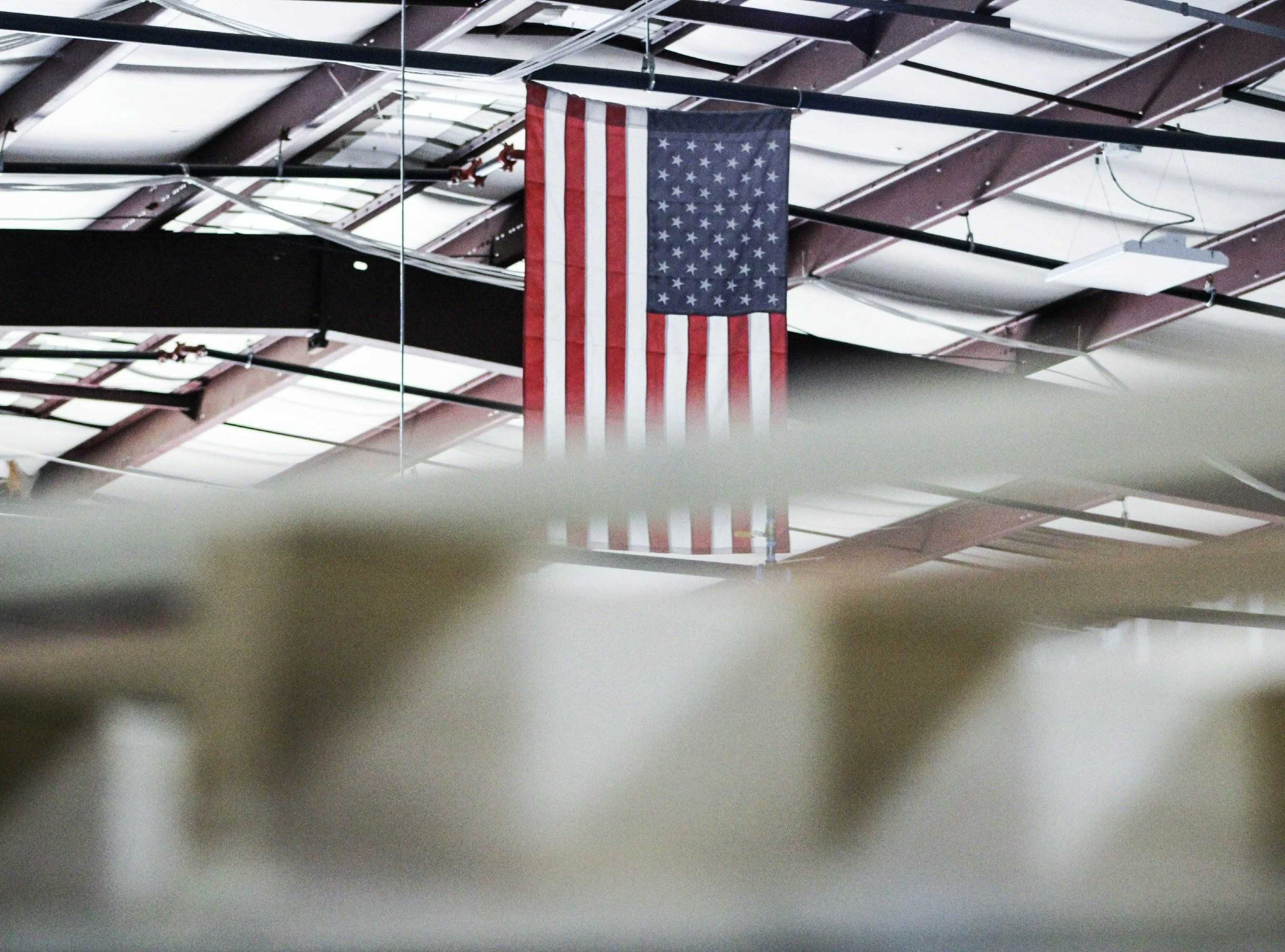FTC Issues Record $1.2 Million Fine in “Made in USA” Product Labeling Case
The FTC issued a record $1.2 million fine against a glue manufacturer for violating “Made in USA” labeling rules, reinforcing strict penalties for deceptive marketing.
Updated on
The Federal Trade Commission (FTC) recently issued a record penalty against glue manufacturing company Chemence, Inc. for its violation of a 2016 order to cease deceptive marketing tactics. Now, the company must pay $1.2 million over product labels falsely claiming products were domestically produced. The fine is the largest to date in a “Made in USA” case.
The 2016 Charges
In 2016, the FTC charged Chemence and several other glue manufacturers with deceptively describing various glue products as “Made in USA.” In fact, the FTC alleged in its 2016 complaint, the glues in question contained quite a few imported chemicals. The FTC also alleged that Chemence had pressed its sellers to deceive customers by including “Made in USA” on promotional materials for its products.
As a result of the 2016 FTC charges, Chemence was fined $220,000. The company was allowed to keep using the term “Made in USA” on its products and marketing materials, as long as it included a disclaimer noting that the glues’ ingredients were sourced outside the U.S. Chemence was also ordered to submit a compliance report to the FTC one year after the order was issued.
The Current Charges
The FTC, however, filed another complaint against Chemence in late 2020. In this complaint, the FTC alleged that Chemence and its president, James Cooke, continued to sell glues made with ingredients sourced outside the country and to label those glues “Made in USA” without adding any qualifiers about international sourcing. These actions, the FTC argued, violated the 2016 order.
In addition, the FTC complaint claims that Chemence’s 2017 annual compliance report falsely stated that the company had updated its product labeling to disclose that its glues were made with internationally-sourced ingredients.
Terms of the $1.2 Million Deal
Under the terms of the proposed settlement agreement, Chemence and Cooke may make no claims about their products’ country of origin that they cannot substantiate with evidence. Both parties are also barred from making any claims that the company’s products are “Made in USA” unless they demonstrate those products meet a specific standard for U.S.-based assembling, processing, and ingredient sourcing. Chemence, Inc. is also required to submit yearly compliance reports to the FTC. Finally, the order requires the company to inform sellers that glues labeled “Made in USA” actually contain imported materials.
The Federal Trade Commission voted unanimously to issue the complaint and to accept the proposed consent order. The $1.2 million fine included in the settlement is the largest fine ever imposed in a “Made in USA” case.
“Made in USA” Claims and the Historic Fine
A “Made in the USA” label carries weight among American consumers. Many people make purchasing decisions based on the fact that a particular product was created in the United States. Often, these shoppers will buy a product that states it is “Made in USA” even if they would otherwise have purchased a different item—the idea of supporting domestic businesses and workers is appealing to consumers.
With these effects of the “Made in USA” label in mind, the FTC has prioritized both rulemaking and the pursuit of claims involving this influential labeling. Penalties for making false claims that a product is made domestically may be steep, and penalties for subsequent false claims can be even harsher.
Despite the FTC’s stance on “Made in USA” labeling, however, some businesses can find it difficult to know exactly how to apply these rules. The FTC’s requirements differ, for example, from Customs rules regarding country of origin labeling. As a result, some businesses may find themselves in compliance with Customs rules but not with FTC rules. In addition, some states also have their own laws governing “Made in USA” claims.
To date, the FTC has issued an Enforcement Policy Statement on U.S. Origin Claims to provide guidance to businesses. The agency also has a pending rule on “Made in USA” labeling, which, if enacted, may provide further guidance to businesses on how to label their products properly.
About the author
Dani Alexis Ryskamp, J.D.
Dani Alexis Ryskamp, J.D., is a multifaceted legal professional with a background in insurance defense, personal injury, and medical malpractice law. She has garnered valuable experience through internships in criminal defense, enhancing her understanding of various legal sectors.
A key part of her legal journey includes serving as the Executive Note Editor of the Michigan Telecommunications and Technology Law Review. Dani graduated with a J.D. from the University of Michigan Law School in 2007, after completing her B.A. in English, summa cum laude, in 2004. She is a member of the Michigan State Bar and the American Bar Association, reflecting her deep commitment to the legal profession.
Currently, Dani Alexis has channeled her legal expertise into a successful career as a freelance writer and book critic, primarily focusing on the legal and literary markets. Her writing portfolio includes articles on diverse topics such as landmark settlements in medical negligence cases, jury awards in personal injury lawsuits, and analyses of legal trial tactics. Her work not only showcases her legal acumen but also her ability to communicate complex legal issues effectively to a wider audience. Dani's blend of legal practice experience and her prowess in legal writing positions her uniquely in the intersection of law and literature.
Subscribe to our newsletter
Join our newsletter to stay up to date on legal news, insights and product updates from Expert Institute.
Sign up nowA Sample Voir Dire: How To Qualify An Expert Witness
Download free white paperChallenging Opposing Experts: Advanced Research Techniques
Download free white paperCross Examining Expert Witnesses: The Ultimate Guide
Download free white paper
Subscribe to our newsletter
Join our newsletter to stay up to date on legal news, insights and product updates from Expert Institute.



